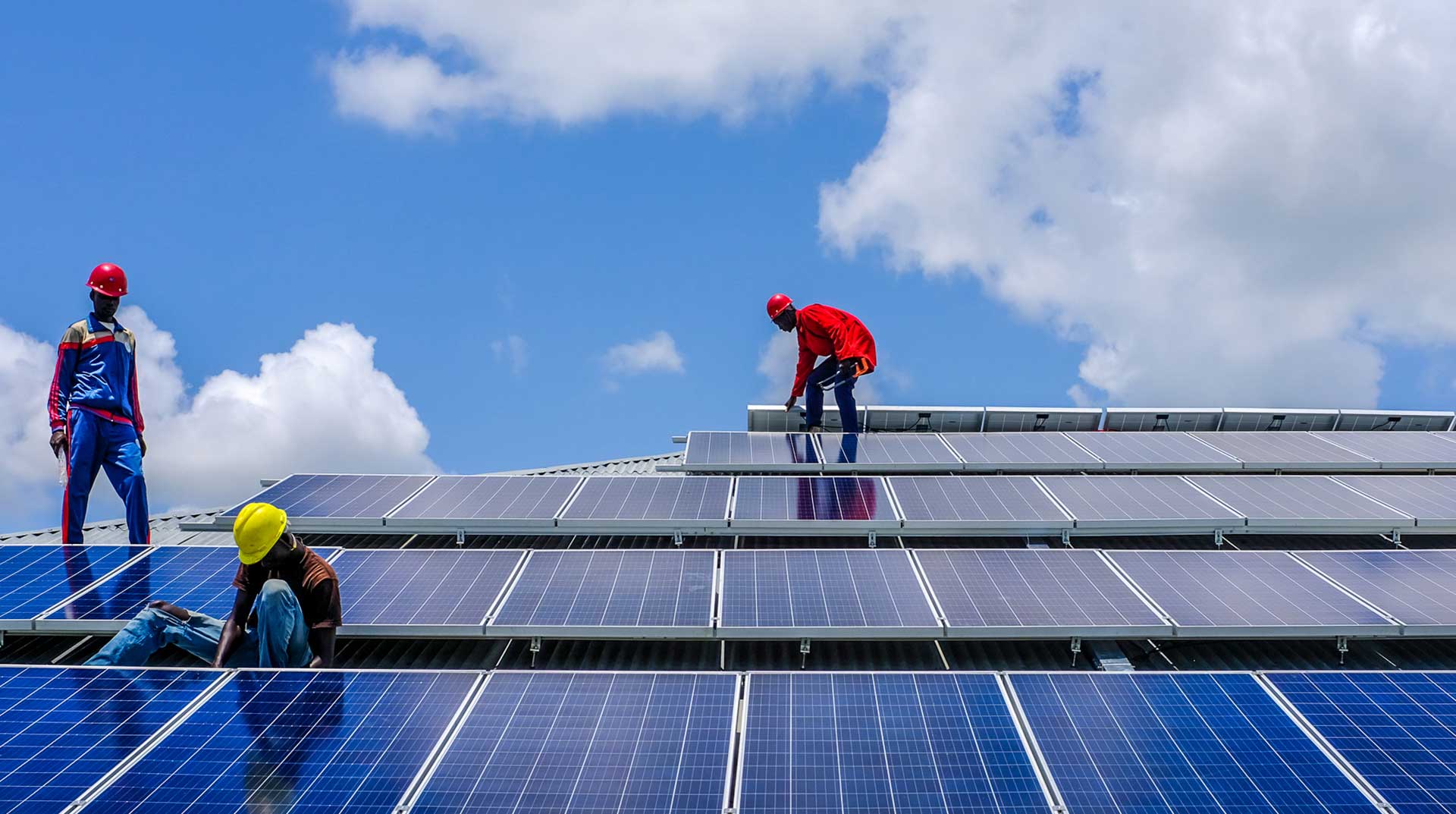Unsustainable living is a term used to describe any lifestyle or behavior that is not environmentally responsible and detrimental to the health of our planet. Such practices are often associated with the over-exploitation of natural resources, pollution of air, water and land, and climate change.

Table Of Content:
- Unsustainable | Definition of Unsustainable by Merriam-Webster
- What is unsustainable? Definition and examples - Market Business ...
- Sustainable | Definition of Sustainable by Merriam-Webster
- Sustainability - Wikipedia
- UNSUSTAINABLE | meaning in the Cambridge English Dictionary
- Use epitome in a sentence | The best 172 epitome sentence examples
- UNSUSTAINABLE | definition in the Cambridge English Dictionary
- Unsustainable definition and meaning | Collins English Dictionary
- What is Sustainable Living?
- Sustainable Development Goals | United Nations Development ...
1. Unsustainable | Definition of Unsustainable by Merriam-Webster
https://www.merriam-webster.com/dictionary/unsustainable
2. What is unsustainable? Definition and examples - Market Business ...
https://marketbusinessnews.com/financial-glossary/unsustainable/
3. Sustainable | Definition of Sustainable by Merriam-Webster
https://www.merriam-webster.com/dictionary/sustainable
4. Sustainability - Wikipedia
https://en.wikipedia.org/wiki/Sustainability
5. UNSUSTAINABLE | meaning in the Cambridge English Dictionary
https://dictionary.cambridge.org/dictionary/english/unsustainable
6. Use epitome in a sentence | The best 172 epitome sentence examples
https://sentence.yourdictionary.com/epitome
The fashions presented were the epitome of the style of the 1930s. · His lifestyle was the epitome of unsustainable living. · The hotel was the epitome of British ...
7. UNSUSTAINABLE | definition in the Cambridge English Dictionary
https://dictionary.cambridge.org/us/dictionary/english/unsustainable
8. Unsustainable definition and meaning | Collins English Dictionary
https://www.collinsdictionary.com/us/dictionary/english/unsustainable
9. What is Sustainable Living?
https://www.sustainablejungle.com/sustainable-living/what-is-sustainable-living/
10. Sustainable Development Goals | United Nations Development ...
https://www.undp.org/sustainable-development-goals
What causes unsustainable living?
Unsustainable living is caused by behaviors such as over-consumption of natural resources, irresponsible use of energy, excessive waste production and inefficient land management. In addition, negative environmental impacts can be caused by deforestation, illegal hunting/fishing, resource extraction from protected areas and the introduction of non-native species into ecosystems.
What are some examples of unsustainable living?
Examples of unsustainable living include burning fossil fuels for energy production and transportation, over-fishing and illegal poaching in ocean waters, clear cutting forests for timber harvest or development projects and using pesticides in agriculture that can lead to contamination of soil and water resources.
How can we reduce our impact on the environment?
To reduce our impact on the environment we must work towards sustainable living practices such as reducing reliance on fossil fuels by increasing renewable energy sources such as solar power or wind turbines; supporting sustainable agricultural practices such as replacing synthetic fertilizers with organic matter; using fewer single-use plastics like straws and bags; conserving water through more efficient irrigation systems; reducing waste by reusing materials when possible; promoting protected areas for wildlife conservation; choosing eco-friendly products with no hazardous chemicals; investing in public transportation options like buses or trains instead of cars; avoiding activities that pollute air or water resources like recreational boating in sensitive waterways.
Why is it important to practice sustainable living?
practicing sustainable living is important because it helps ensure that future generations have access to clean air, safe drinking water, fertile soils for growing food and an abundance of healthy wildlife populations. Sustainable practices also help preserve existing ecosystems so that they can continue providing vital services like purifying drinking water, controlling floods and regulating climate change. Ultimately, sustainable lifestyles allow us to enjoy our planet responsibly while leaving a healthy environment for all life forms on Earth.
Conclusion:
Sustainable living means taking responsibility for our actions now so we can achieve a healthier biosphere for future generations. By making conscious choices about how we use natural resources we can create a more resilient world where everyone has access to clean air & water, abundant food sources & healthy ecosystems. Everyone’s contribution matters but together we can make sure that sustainability becomes a way of life rather than something just talked about.
